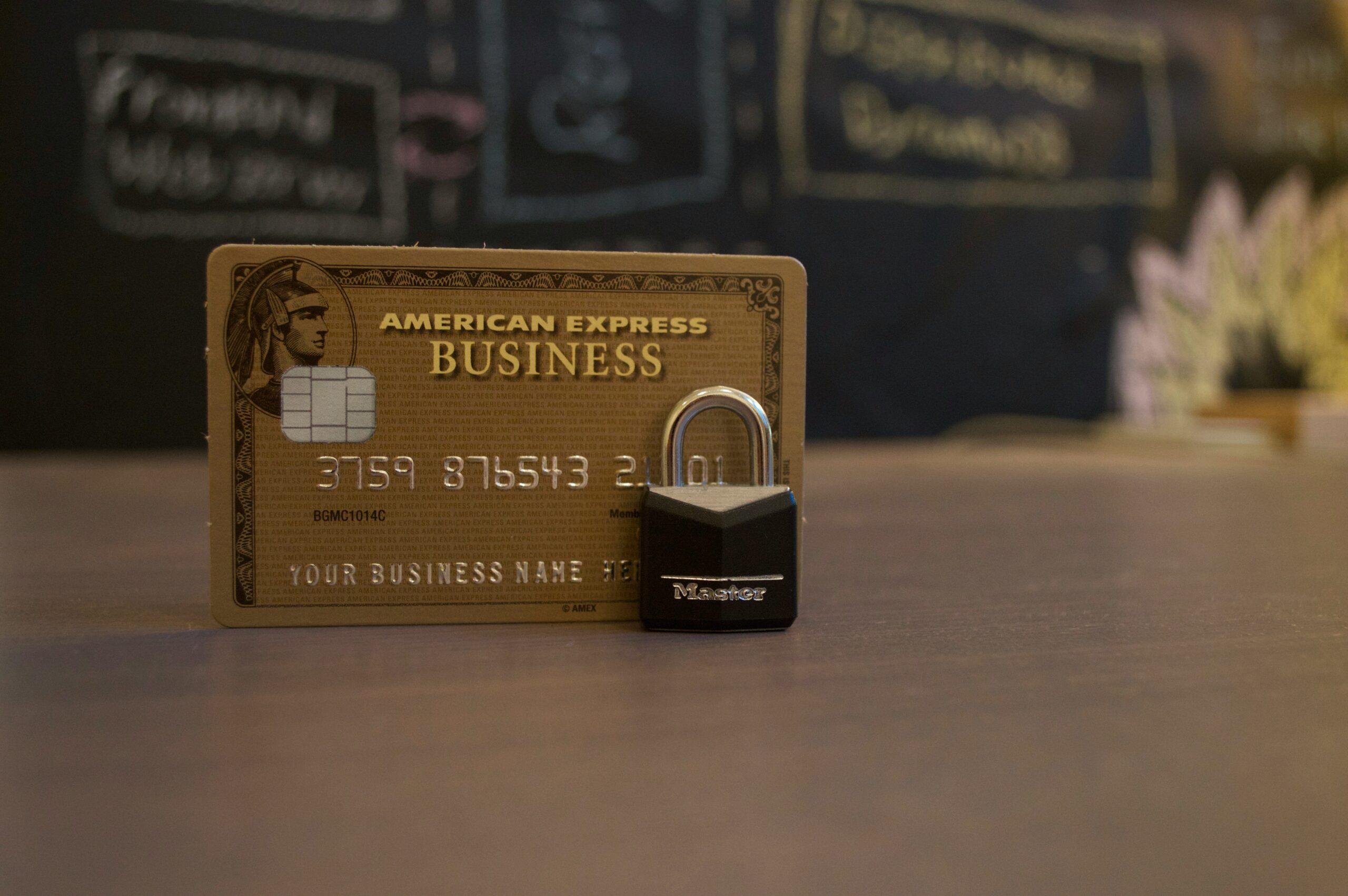Credit card debt can be a significant burden, but with the right strategies and a disciplined approach, you can manage and even eliminate it. Here’s a comprehensive guide to help you take control of your credit card debt and work towards financial freedom.
Understand Your Debt
The first step in managing credit card debt is to fully understand it. List all your credit cards, along with their balances, interest rates, and minimum payments. This will give you a clear picture of your total debt and help you prioritize which cards to focus on first.
Create a Budget
A well-planned budget is essential for managing credit card debt. Track your income and expenses to identify areas where you can cut back and allocate more money towards debt repayment. Make sure to include all your expenses, such as rent or mortgage, utilities, groceries, transportation, and entertainment.
Pay More Than the Minimum
Paying only the minimum amount due on your credit cards will keep you in debt for a long time and result in high interest charges. Aim to pay more than the minimum each month, focusing on the card with the highest interest rate first while maintaining minimum payments on the others. This is known as the avalanche method.
Consider the Snowball Method
If the avalanche method feels overwhelming, consider the snowball method. This involves paying off the smallest debt first while making minimum payments on the larger ones. Once the smallest debt is paid off, move on to the next smallest, and so on. This approach can provide a psychological boost and motivate you to continue.
Negotiate with Creditors
Don’t be afraid to contact your credit card companies and negotiate for lower interest rates or better repayment terms. Explain your situation and ask if they can offer any relief. Many creditors are willing to work with you, especially if you have a good payment history.
Consolidate Your Debt
Debt consolidation can simplify your payments and potentially lower your interest rates. Consider options like a balance transfer to a credit card with a lower interest rate, a personal loan, or a debt consolidation loan. Make sure to compare fees and terms before making a decision.
Use Windfalls Wisely
Any unexpected money, such as tax refunds, bonuses, or gifts, should be used to pay down your credit card debt. While it might be tempting to spend this money on something fun, using it to reduce your debt will save you money in the long run by reducing interest charges.
Avoid New Debt
While paying off your existing credit card debt, it’s crucial to avoid accumulating new debt. Stick to using cash or debit cards for purchases, or if you must use a credit card, make sure you can pay off the balance in full each month.
Build an Emergency Fund
Having an emergency fund can prevent you from relying on credit cards for unexpected expenses. Aim to save at least three to six months’ worth of living expenses in a separate, easily accessible account. This safety net will help you stay on track with your debt repayment plan.
Seek Professional Help
If you’re struggling to manage your credit card debt on your own, consider seeking help from a certified credit counselor. They can provide personalized advice, help you create a debt management plan, and negotiate with creditors on your behalf.
Monitor Your Progress
Regularly review your budget and track your progress towards paying off your debt. Celebrate small victories along the way to stay motivated. Adjust your plan as needed to stay on course and make sure you’re moving in the right direction.
Educate Yourself
Take the time to educate yourself about personal finance and debt management. Read books, attend workshops, or take online courses to improve your financial literacy. The more you know, the better equipped you’ll be to make smart financial decisions.
Stay Committed
Managing and paying off credit card debt takes time and dedication. Stay committed to your plan, even when progress seems slow. Remember that every payment you make brings you one step closer to financial freedom.
Final Thoughts
Credit card debt can feel overwhelming, but with a solid plan and disciplined approach, you can take control of your finances and work towards a debt-free future. Use these strategies to manage your debt effectively and unlock the financial freedom you deserve. Stay focused, stay committed, and watch your financial situation improve over time.





 GOOGL
GOOGL META
META
Leave a Comment